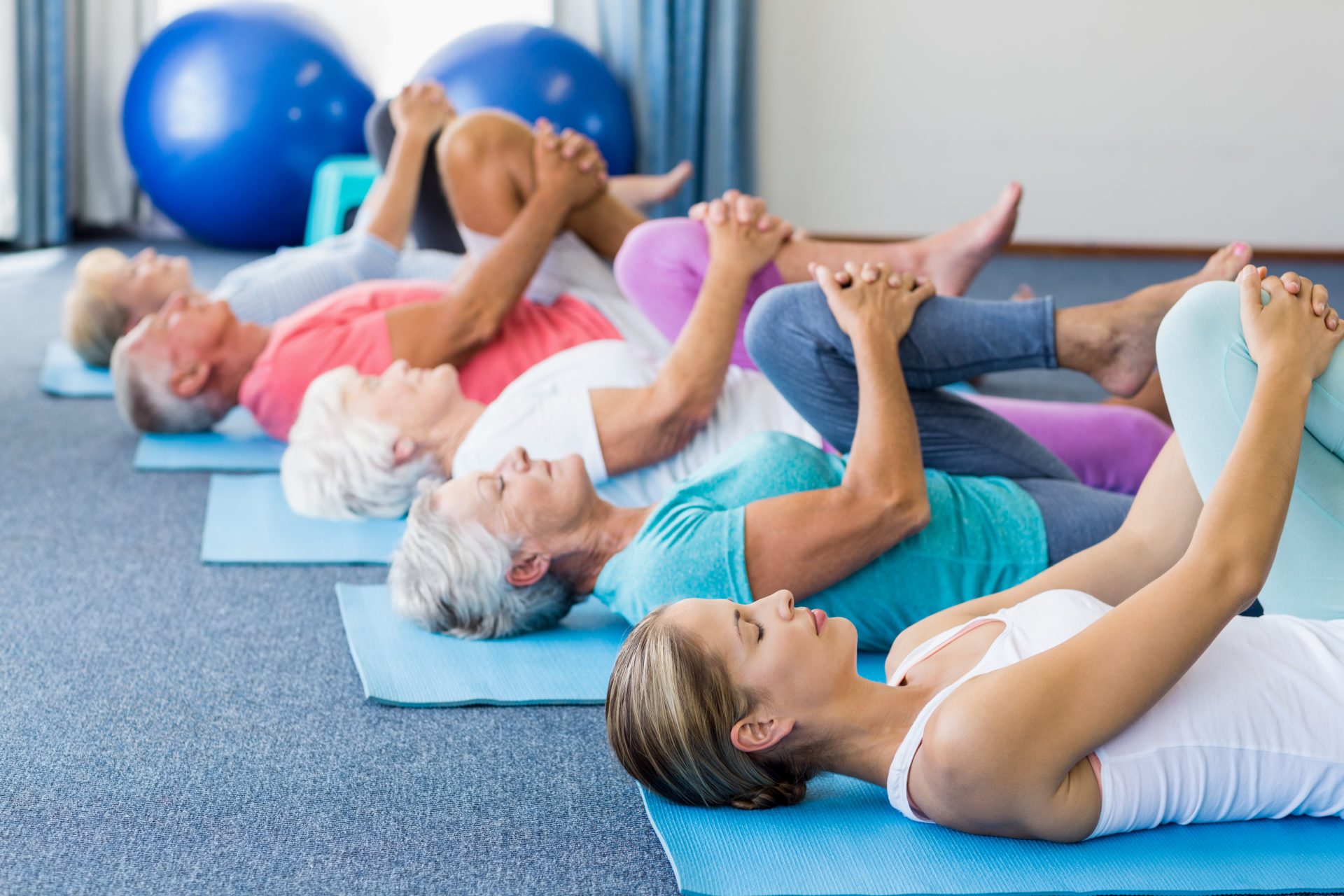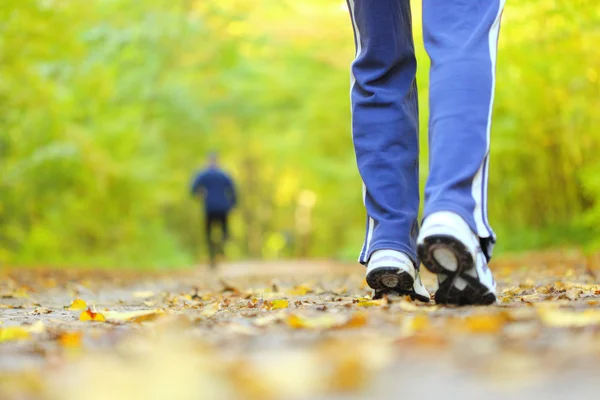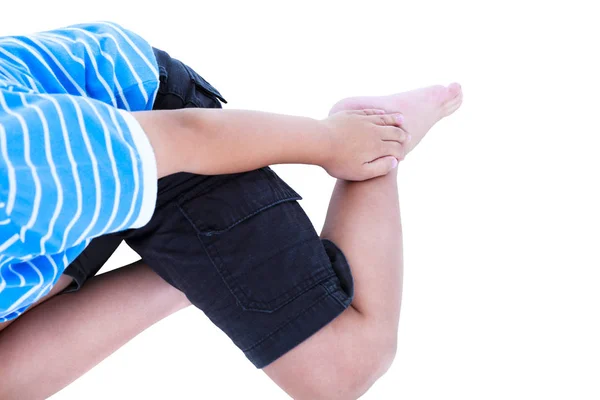Does your hip prevent you lying on your side at night?
Is you hip sore walking up or down hills or stairs?
Does your hip ache when sitting too long, especially in the “wrong” seat?
If you answered “yes” to any or all of these questions, you may a problem called Gluteal Tendinopathy. Continue reading to learn more . . .
What is Gluteal Tendinopathy?
Gluteal Tendinopathy is a condition affecting one or two of the gluteal tendons — the strong bands of tissue that connect your hip muscles to the bony outside point of your hip. In some patients these tendons are sore and swollen, whereas in other patients there may be a small tear in the tendon. Patients with gluteal tendinopathy describe pain on the outside of the hip, in the buttock and often down the outside of the leg. Gluteal tendinopathy affects women in their forties and fifties – men do develop this problem but often a little bit later in life (in their 60’s and 70’s). Often there is no specific incident but the patient will describe their hip becoming worse with activity and also at night.
How do I Know If I have Gluteal Tendinopathy?
Gluteal tendinopathy is a common condition and a diagnosis can be made without an x-ray or ultrasound. There are four physical tests for gluteal tendinopathy and if you test positive for two or more of these our confidence about your diagnosis is high. It is important to rule out the lower back as a source of hip or buttock pain and we do this through a screen which is a series of movements and tests for the lower back. Your doctor may order an ultrasound of your hip but beware – it is normal to see some age-related changes in the gluteal tendon even when it isn’t sore, so you should never rely on your ultrasound alone to make a diagnosis.
Can Physio Help Me?
Most patients with gluteal tendinopathy get better with the help and guidance of a good physio. Treatment should follow three stages:
- Decrease pain and Inflammation
- Restore strength, and
- Return to Normal activities.
There are key things to do in each stage and you need to be patient! A common mistake patients make is they complete stage 1 (meaning they no longer have pain at night and can do their everyday activities) but then skip stage 2 and try and return to their normal activities as soon as their pain settles. If you DON’T restore strength in your hip before returning to normal activities the pain often comes back!
What Should I do Next?
If you are struggling with hip or buttock pain and you identify with the symptoms and problems described above, call us on 6056 6616 – we can help you find a day and time to see one of our experienced physiotherapists, who will take a proper history from you about your problem, complete a targeted physical examination, and tie your findings together in a treatment plan tailored to you. To see our physio’s in action, watch one of more of our videos on how to do common hip exercises properly by clicking here. To find out about other causes of hip pain read our article – Three Common Causes of Hip Pain.
To Your Better Health,
The Team at Personal Best Physiotherapy






